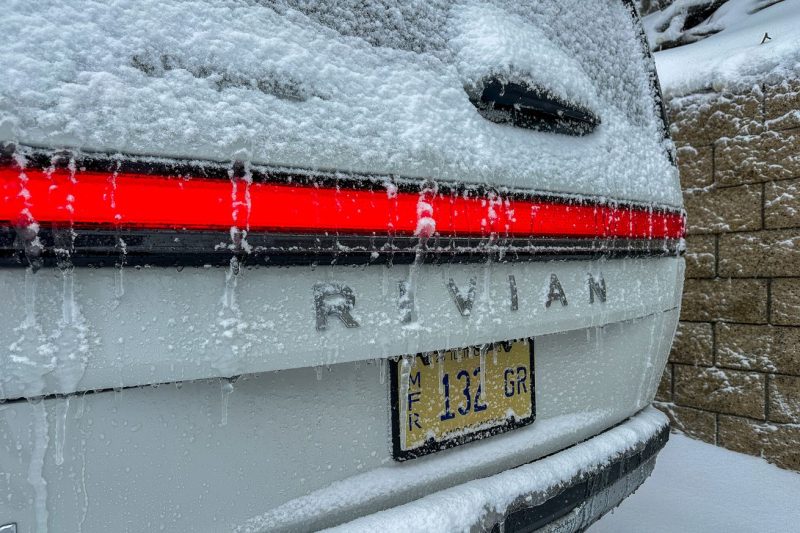Rivian’s Decision to Produce Fewer Electric Vehicles in 2024 Raises Questions for the EV Market
Rivian, the American electric vehicle (EV) manufacturer touted for its innovative designs and cutting-edge technology, has recently made waves in the industry by announcing that it will produce fewer electric vehicles in 2024 than it did in 2023. This surprising decision has left many industry experts and consumers questioning the implications for Rivian’s growth trajectory and the EV market as a whole.
One of the factors contributing to Rivian’s decision to scale back production is the ongoing global semiconductor chip shortage. This shortage has plagued the automotive industry for the past few years, disrupting production schedules and hindering manufacturers’ ability to meet consumer demand. Rivian’s CEO, RJ Scaringe, cited the chip shortage as a major reason for the company’s revised production forecast, stating that the limited availability of essential components has forced Rivian to adjust its manufacturing plans.
Another key factor influencing Rivian’s production strategy is the increasing competition in the EV market. In recent years, several new players, as well as traditional automakers, have entered the EV space, intensifying competition and putting pressure on established companies like Rivian. The company’s decision to recalibrate its production targets could be a strategic move to ensure sustainable growth and maintain its competitive edge in the rapidly evolving EV landscape.
Furthermore, Rivian’s focus on quality over quantity may also be driving its decision to produce fewer vehicles. As a relatively young company, Rivian has prioritized delivering high-quality products that meet the expectations of discerning consumers. By scaling back production, Rivian aims to maintain its stringent quality standards and uphold its reputation for excellence in design and engineering.
Despite the challenges posed by the chip shortage and increasing market competition, Rivian remains optimistic about its long-term prospects. The company has emphasized its commitment to innovation and sustainability, highlighting its investments in research and development to drive technological advancements in the EV sector. Rivian’s long-term vision centers around creating a more sustainable future through the development of electric vehicles that not only reduce carbon emissions but also deliver top-tier performance and design.
In conclusion, Rivian’s decision to produce fewer electric vehicles in 2024 than in the previous year reflects the complex dynamics at play in the EV market. While external factors like the semiconductor chip shortage and heightened competition pose challenges for Rivian, the company’s strategic recalibration of its production targets underscores its commitment to quality, innovation, and long-term growth. As Rivian navigates the evolving landscape of the EV industry, its ability to adapt to changing circumstances and stay true to its core values will ultimately determine its success in the years to come.


























